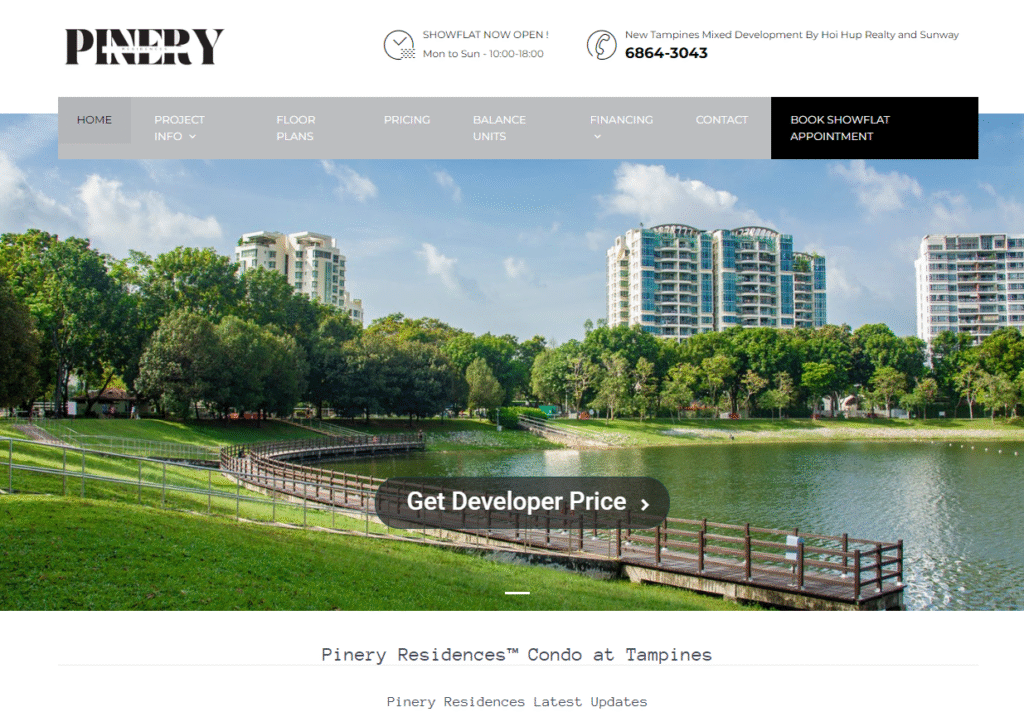Different Types of Party Walls
[ad_1]
You might have come across with the phrase “Party Wall”. And at first instance it may sound you like it’s a pleasant place to visit! Right? Actually, according to party wall etc. Act 1996, your assumptions are not correct! So here, in this blog Icon Surveyors is going to clear your confusing assumptions about Party Walls. Also will discuss how much types of party walls are there.
Basically, the Party Wall is a phrase used in property surveying which refers to the barrier (wall) separating two privately owned or rented places/ houses.
What is a Party Wall?
A wall that separates the two properties is commonly termed as a “Party Wall” under the Party Wall etc. Act 1996.
- The wall can be a portion of one structure (for example, a house wall that also serves as a boundary wall)
- or two different buildings (for example, the common wall of a semi-detached house or terraced house) when the adjacent owner has a building encircled by the same wall,
- The wall of the building owner’s parcel (such as the neighbouring owner’s garage).
- The party fence wall is a border wall with no structure attached to it.
A garden wall is a classic example. The wooden fence is not the party fence’s wall.
Party Wall and The Party Wall etc. Act 1996
This regulation was enacted because a building owner’s construction activity can cause harm to the adjoining neighbors building and prevent the adjacent owner from using and enjoying his or her party wall or structure. It establishes processes for resolving disputes, so that surrounding property owners’ interests are protected while building owners have the freedom to carry out their operations.
Types of Party Wall
To respond the party wall notice of building owner, you have the right to appoint a Party Wall Surveyor, at the cost of the party undertaking the planned works. The Party wall Surveyor is obligated to act impartially and produce a Party Wall Award.
You can raise objections in specific circumstances, ensuring the building owner undertakes the construction work in a protective manner.
Type A Party Wall
This is a wall that stands on adjoining land owned by different parties which forms part of a building. In other words, the wall straddles the boundary and therefore sits on land belonging to more than one party. It can also be a wall that stands on a single owner’s land but has the potential to affect another owner’s land.
For example, this type of wall is a wall that forms part of a semi-detached or terraced house.
Type B Party Wall
This is a wall that is used by more than one owner to separate each owners building, but stands entirely on one owners land. An example of this type of wall could be a wall that forms part of a garage that is positioned against a wall that is owned by a different party. It is important to note that the only part of the wall that is considered a Party Wall in these circumstances is the part of the wall that separates the two structures.
For example, one neighbour has a structure that leans against a wall that is owned by the other neighbour. Only the part of the wall that is enclosed by the lean-to is a Party Wall.
Party Wall Structure
The Act also uses the expression “party structure”, as in “Party Structure Notice”. As well as the party walls described above this term encompasses dividing structures such as floors or other partitions. It is not uncommon for these structures to be subject to the Party Wall Surveying process, i.e. a Party Wall Agreement.
Party Fence Wall
This type of party wall is a ‘Party Fence Wall’ which does not form part of a building. It is an independent wall that straddles the boundary line of two or more owners of land and is primarily used to divide the land, for example a garden wall. (Timber fences are not included in the Act).
Conclusion
Party Wall terminologies and surveying procedures can be confusing at the best of times. Here at Icon Surveyors our Party Wall Specialists are always ready to help you out on any of the party wall matters. If you would like to discuss any Party Wall Matter, just give us a call on 020 7493 9087 and we will be more than happy to assist and advise you.
Bonus*: Just enroll yourself and take a benefits of our 30 min free party wall advice!
[ad_2]
Source link



